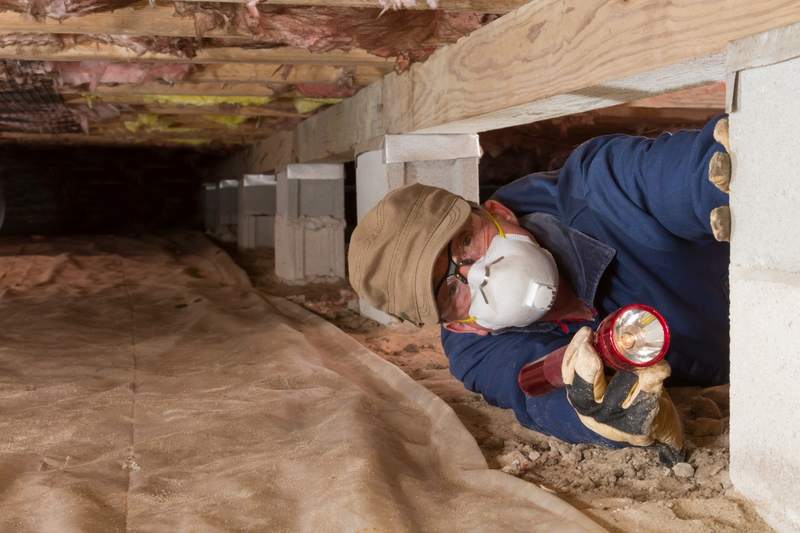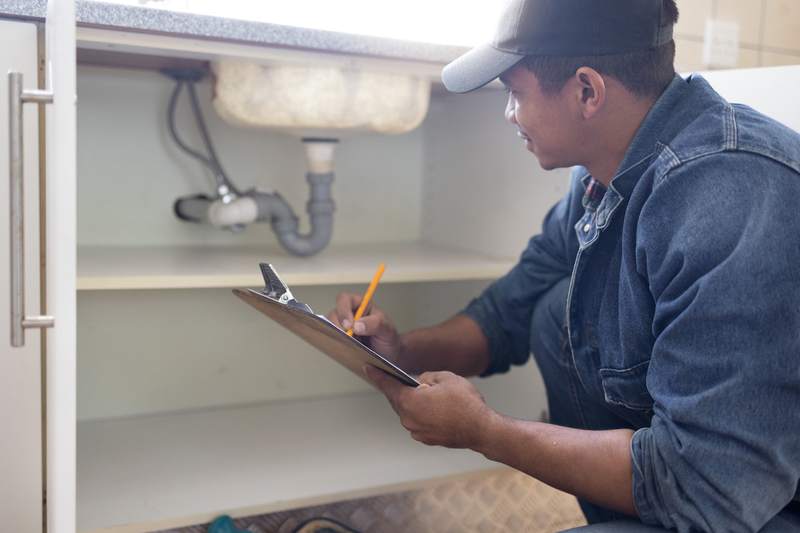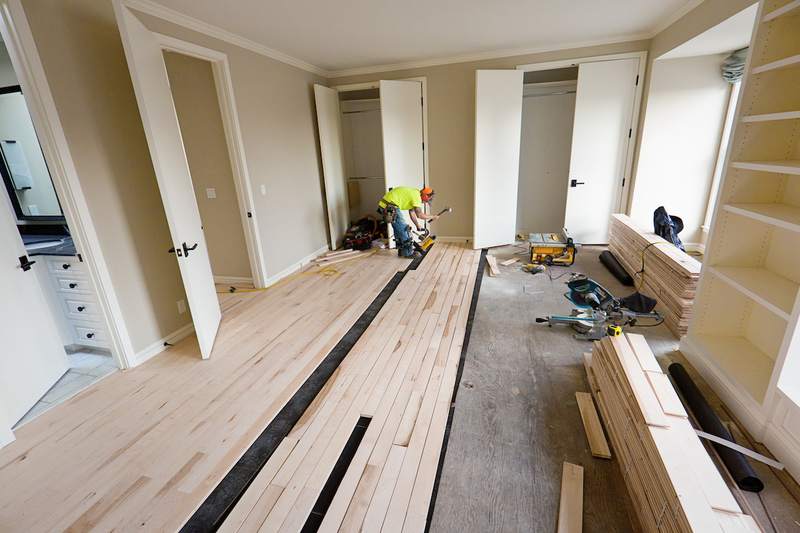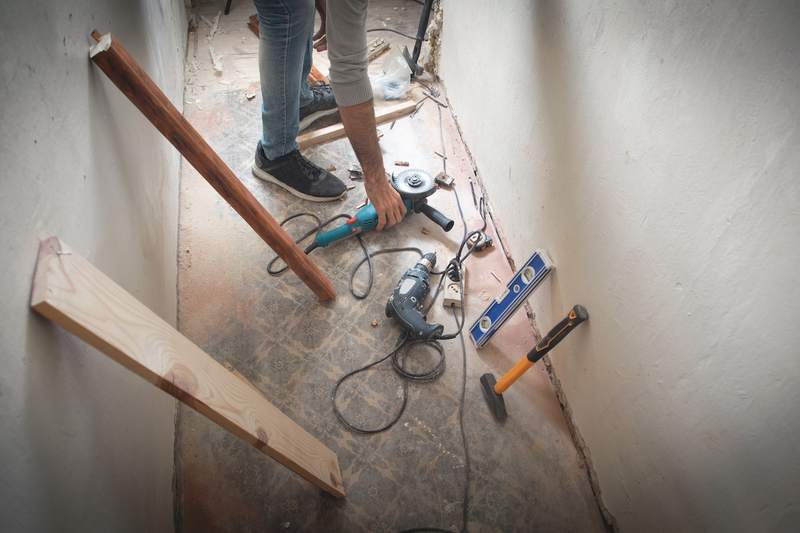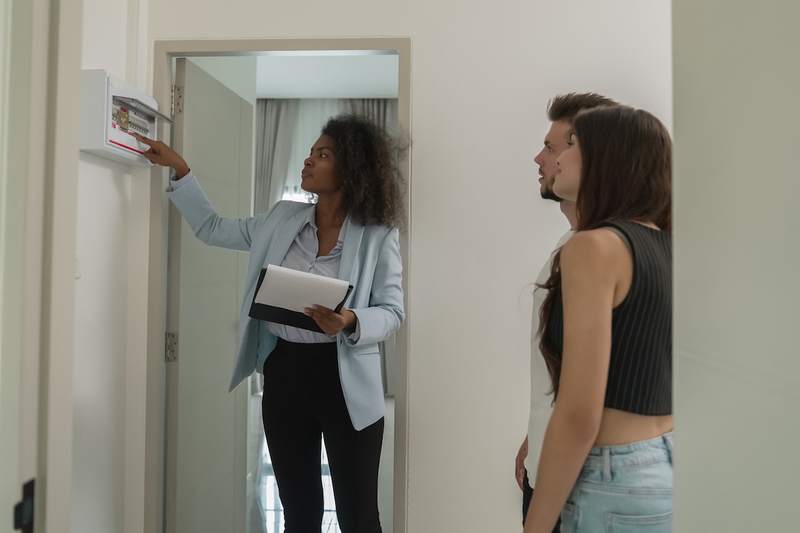
After you’ve made an offer on a home, you’ll have the property inspected to assess its condition. While you may have gotten a good look at the home when you toured it, the inspection is performed by a licensed professional who will evaluate it thoroughly for problems or defects.
Here’s a look at what happens after the inspection is complete.
Review the Inspection Report
Expect to receive the inspector’s report a few days after the home inspection. It will detail the home’s condition and include all of the inspector’s findings. It’s the inspector’s job to report any damage and every flaw they find, no matter how minor, so the report may be fairly extensive.
The home might be in worse shape than you thought, but don’t let that worry you too much. The real red flags will be major flaws in the structure or systems of the home that may not have been obvious going into the inspection.
Get Quotes on Repair Costs
If repairs are needed, you’ll want to know how much they will cost. Licensed contractors can give you some rough estimates. From there, you have options.
If the fixes are relatively inexpensive and negligible, you may decide to handle them yourself and go ahead with the sale as is. However, if the repairs are going to cost you a considerable amount, then you may want to negotiate compensation from the seller.
Ask the Seller To Make Repairs
Another option is to ask to the seller either to make repairs before closing day or to at least pay for the repairs. The problems may not be big enough for you to want to walk away entirely, but having a home inspection contingency gives you leverage to negotiate with the seller. This is especially true in a buyer’s market, where the seller might be eager to close the deal and is willing to make concessions.
Repairs that are considered reasonable to ask for include roofing damage; heating, ventilating, and air conditioning issues; electrical or plumbing problems; and pest infestations. Repairs for small cracks and cosmetic issues, on the other hand, typically aren’t worth asking the seller to fix.
Ask the Seller To Lower the Price
If the seller doesn’t want to make repairs, then you can ask them to lower the purchase price. This can be a better option if the repairs are more extensive and will take longer to complete.
For example, if a hidden plumbing issue has caused water damage and mold, it might take up to two months to repair. However, your family might not be able to wait that long to move in because your kids are starting school. In this case, paying a lower purchase price and taking care of the repairs yourself might make more sense.
Decide Whether To Proceed With the Sale
If the home reveals minor problems, then they may be easy enough to resolve by negotiating with the seller. However, larger problems may give you second thoughts about buying the home.
When to proceed with the sale
If the seller is willing to make certain repairs to fix a leak or an unreliable air conditioning system, then that can be an easy enough solution. If it’s a structural issue or leaky roof, the seller will often expect to have to cover those costs. If you’re able to negotiate a reasonable solution that doesn’t leave you footing the whole bill for repairs, then you can proceed with closing the deal.
When to walk away
If the seller won’t budge and the flaws are considerable, then you may consider canceling the deal entirely. If there’s major structural issues or a pest infestation, and the seller isn’t willing to find a solution, it might not be worth paying full price for the home and then having to fix those problems yourself. After having taken the time for an inspection, this may be a letdown, but your home inspection contingency will allow you to walk away from the deal without losing your earnest money deposit.
If You Don’t Have an Inspection Contingency
When it’s a seller’s market and the seller has multiple offers to choose from, some buyers waive the inspection contingency to help beat out their competition. This can be a risky move because it leaves you with less room to negotiate. However, you still have other options left.
Close on the home as is
Not every flaw is a deal breaker. If the seller is unwilling to perform any repairs, then you can buy the home as is and fix it up yourself. If you really love the home, then you may find this option worth it.
Walk away and break the contract
Some flaws are in fact deal breakers — especially if they involve expensive repairs and pose safety risks. The good news is you can still get out of the deal, but the downside is that it’s going to cost you your earnest money deposit.
FAQ
Here are answers to some common questions about what happens after the home inspection.






